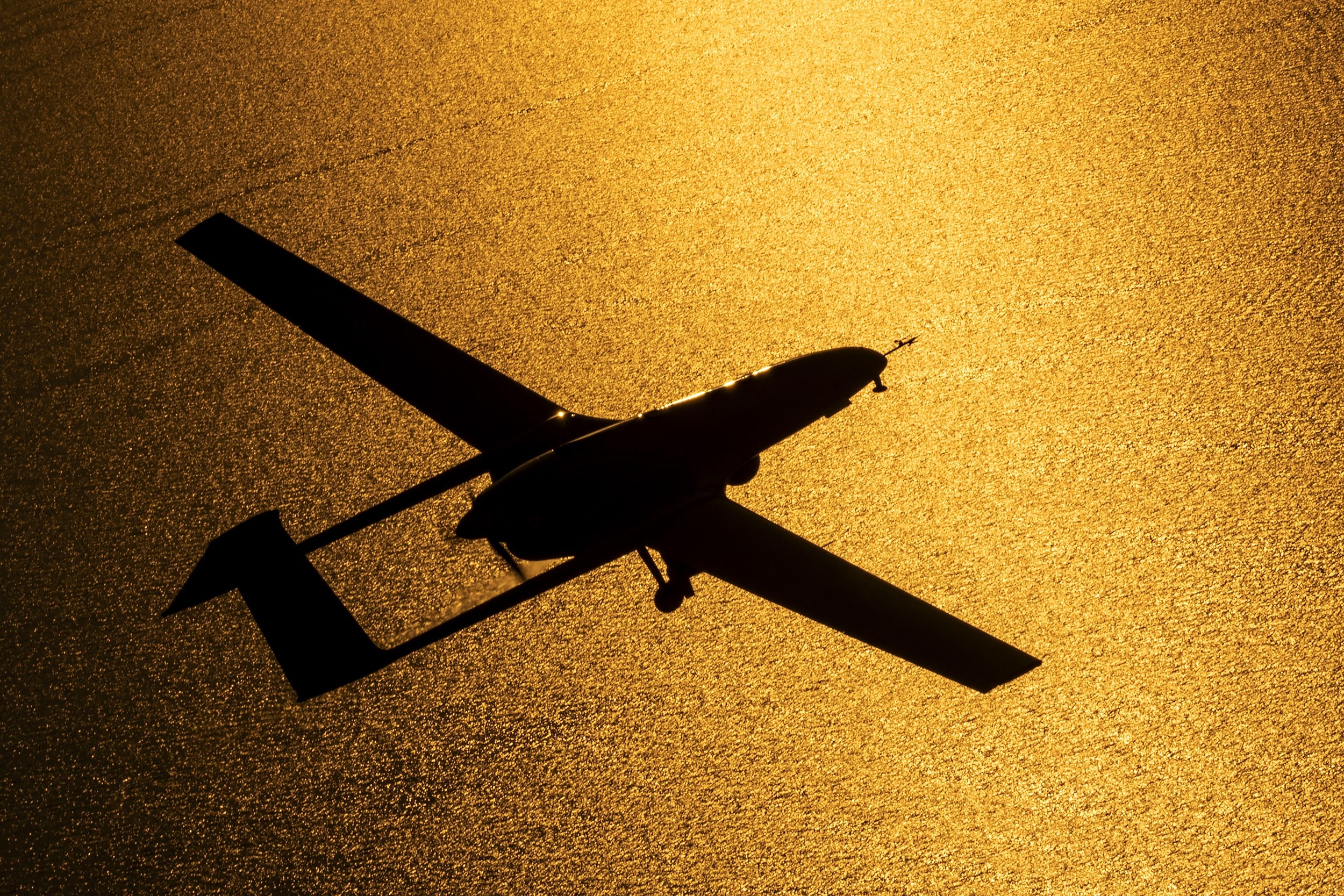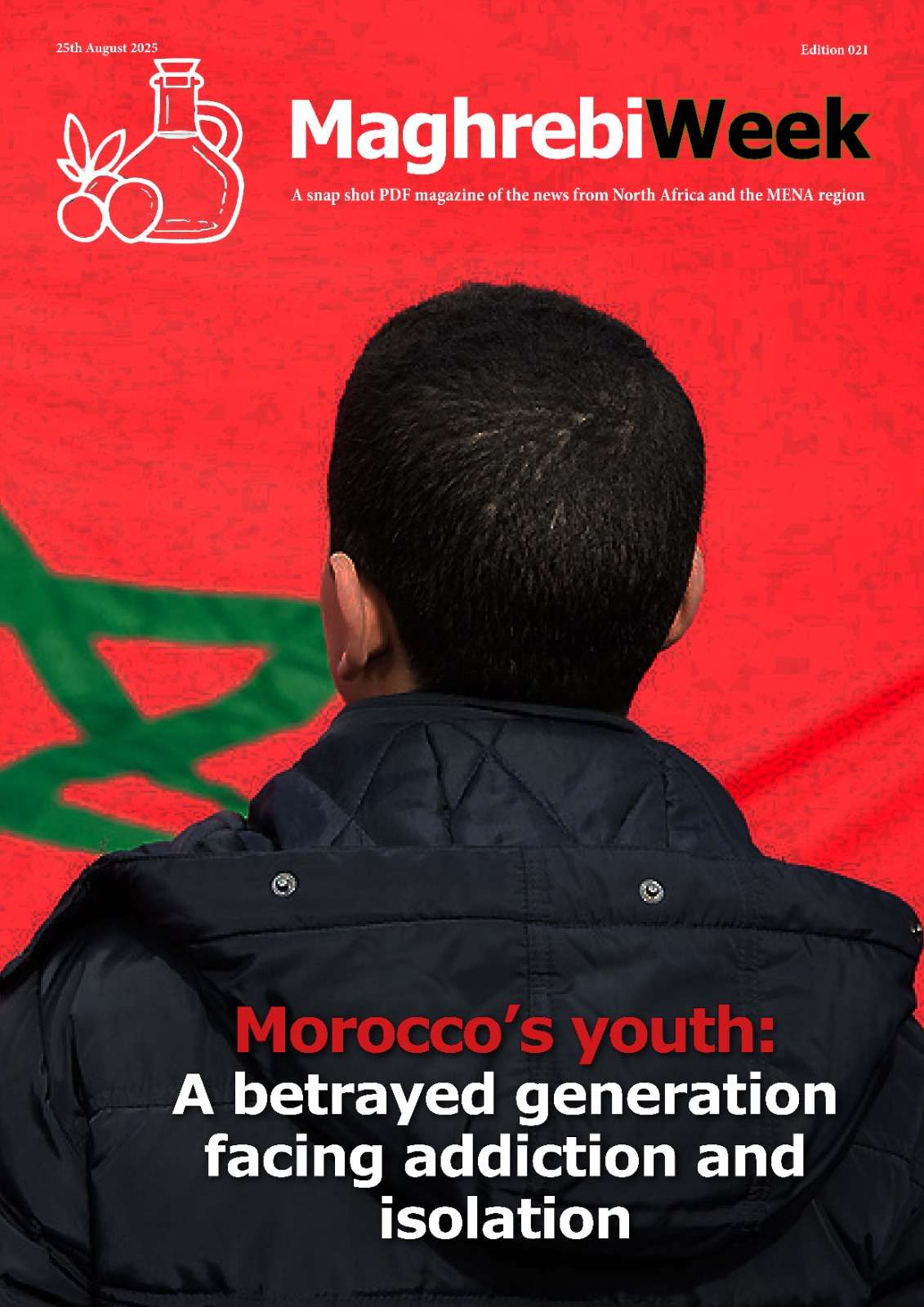Egypt and Türkiye to co-produce combat drone

In a significant stride toward regional defense integration, Egypt and Türkiye have signed a memorandum of understanding in Cairo to co-produce a Turkish-made combat drone, as reported by Asharq Al-Awsat on August 28.
The agreement, formalized on August 26, will see the production of Turkish-made vertical take-off and landing combat drones (VTOL-UAV) at Egypt’s Kader Factory, under the auspices of the Arab Organization for Industrialization (AOI) and Türkiye’s defense firm Havelsan.

The two countries aim to embed advanced drone technology within Egypt’s industrial base, in line with its 2030 sustainable development strategy.
According to AOI chair Mokhtar Abdel Latif, the collaboration will not only meet domestic surveillance and reconnaissance needs but also open avenues for exports to African and Arab markets, while Havelsan CEO Mehmet Akif Nacar highlighted the potential for broader industrial cooperation beyond unmanned systems.
This development marks the latest phase in the revival of bilateral defense cooperation. In March, Havelsan had already signed a deal with Egypt’s Kader Factory to co-produce unmanned ground vehicles, signaling accelerating momentum in shared military production efforts.
This strategic opening comes against a backdrop of renewed rapprochement. Earlier this year, Türkiye made a notable gesture by arresting a senior Muslim Brotherhood figure wanted in Egypt, a move widely interpreted as a signal of Ankara’s intent to rebuild trust with Cairo.
Additionally, Egypt has increasingly sought common ground with Türkiye in managing regional disputes, particularly over Libya. Both nations are now coordinating more closely on stabilization efforts, signaling a broader willingness to put past differences aside and pursue shared security interests.
In May, Egypt and Türkiye held their first high-level military dialogue in Ankara, agreeing to meet annually, while subsequent summits between Presidents Abdel Fattah al-Sisi and Recep Tayyip Erdoğan revived the bilateral Strategic Council. Officials from both sides have confirmed that defense production will remain a central pillar of the council’s work going forward.
Asharq Al-Awsat, Maghrebi.org
Want to chase the pulse of North Africa?
Subscribe to receive our FREE weekly PDF magazine











